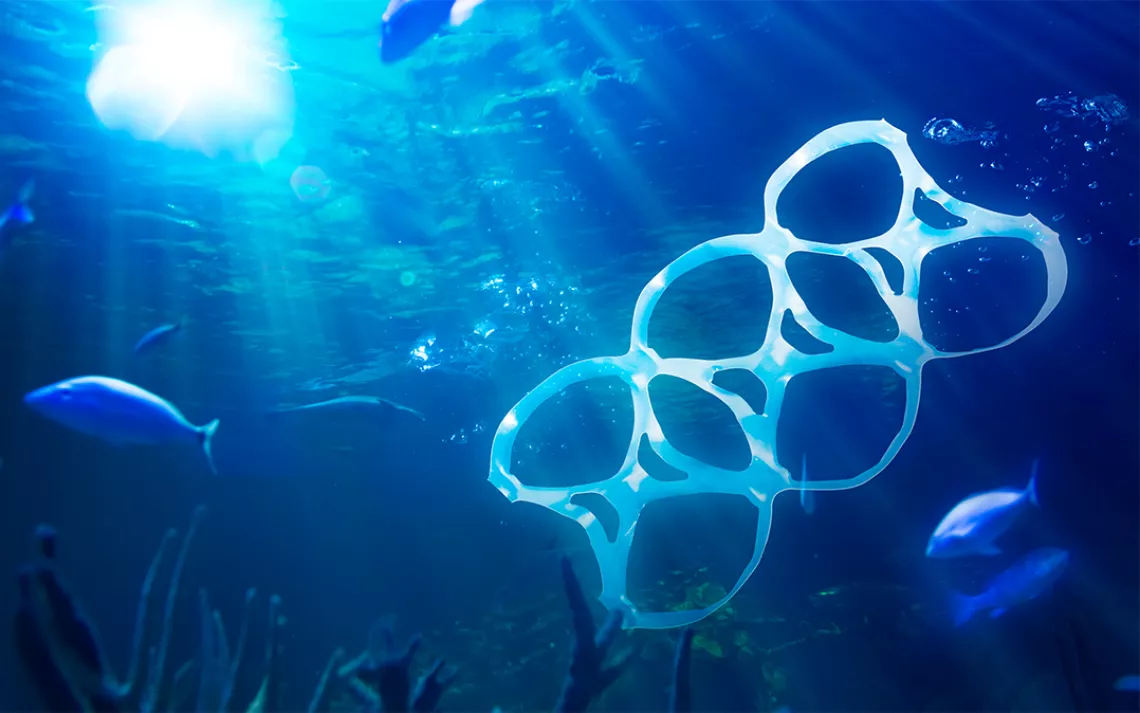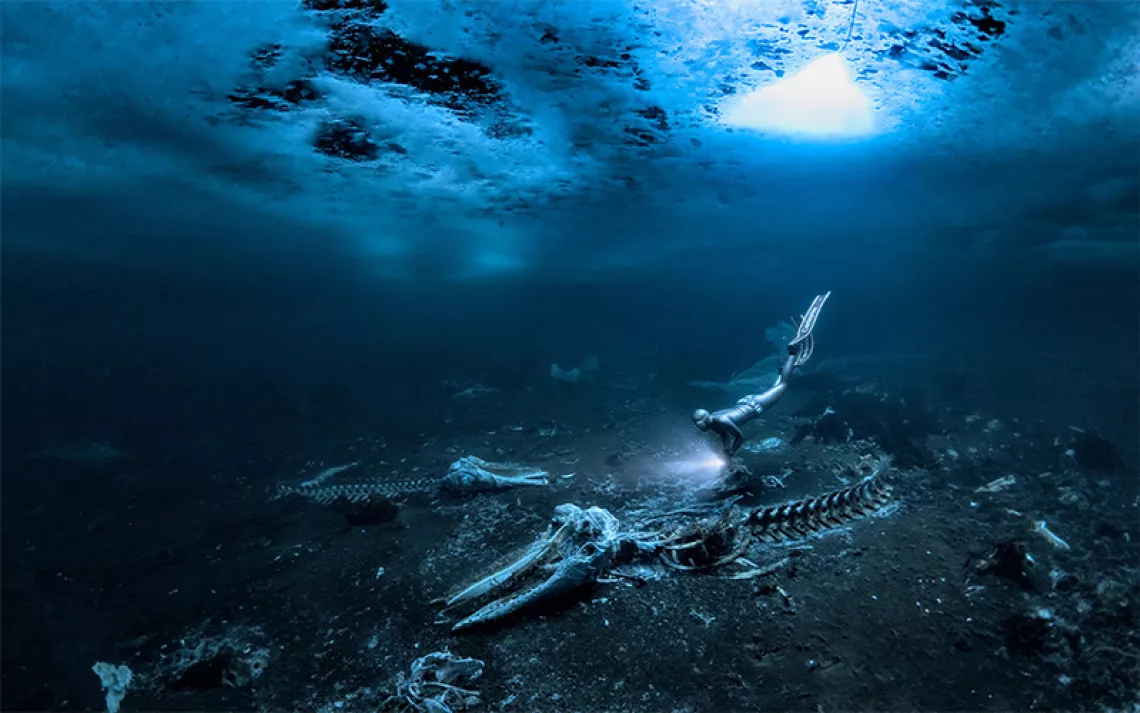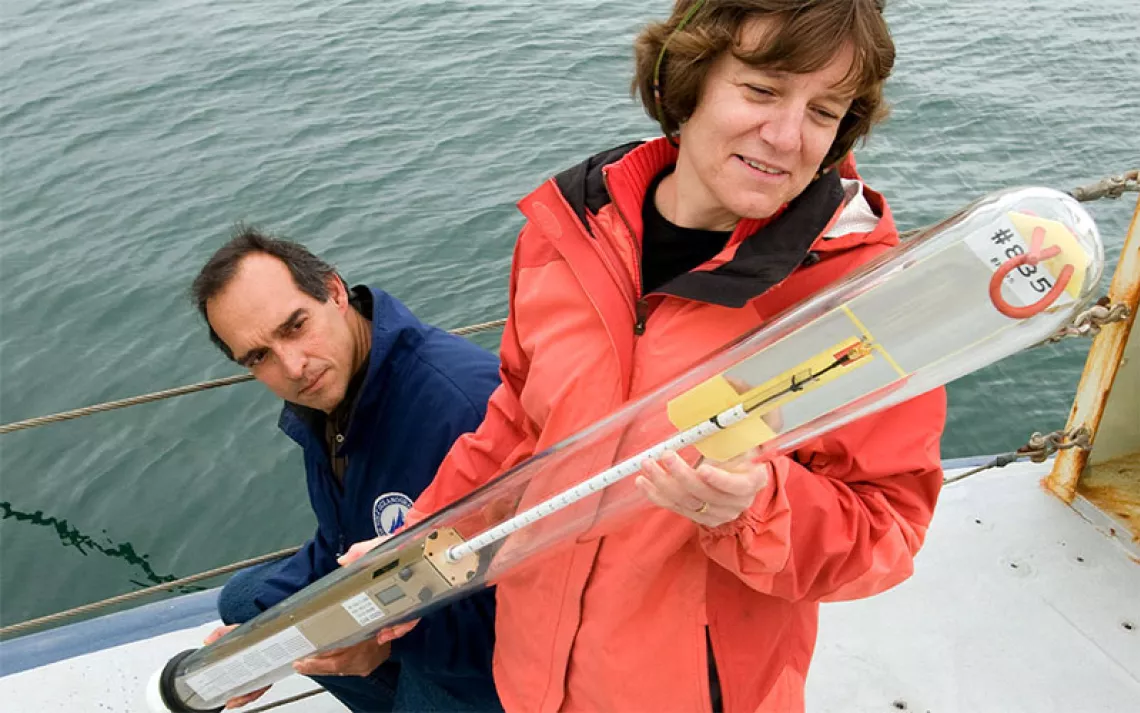Hey Mr. Green! What's the Best Way to Keep Plastic Lids Out of the Ocean?

Photo by fergregory/iStock.
Q: I worry about small pieces of plastic like juice-bottle lids and aluminum beverage tabs turning up in the ocean and choking birds. Is throwing them in the regular garbage safer than recycling them? Where does recycled material go, and does transferring it from place to place make the plastic more likely to end up in the ocean?
—P.M. in Astoria, New York
A: I salute you for sweating the small stuff, because it adds up to a huge problem. According to one study, if we keep dumping plastic at the current rate, its weight will equal that of all the fish in the oceans by 2050.
Plastic lids can be left on bottles, but beverage tabs are a real nuisance and should go in the regular garbage. The risk of stuff falling off recycling or garbage trucks and getting into bodies of water is quite low—in the United States at least. Most U.S. recyclables are processed in China, but plastic does not fall off the ships headed there because the material is enclosed in containers.
The real problem is all the plastic that recyclers and garbage trucks don't collect, because it's twice as likely to end up in waterways. Not very much is recycled: In the United States, out of the 31.75 million tons of post-consumer plastic waste produced each year, less than 9 percent is recycled or incinerated. Worldwide, far less than half of the discarded plastic even makes it to a landfill, let alone gets recycled, according to a United Nations study. The situation is worse in poorer countries—even though they use less plastic, most have not yet developed recycling and landfill facilities to secure all those flimsy pieces of plastic.
Seems overwhelming, doesn't it? So what can you do? Use as little plastic as possible (see "Two Words: No. Plastic" from the September/October issue of Sierra) and make sure your local systems of handling it are as effective and efficient as possible. Don't forget creative reuse! And since a great deal of marine debris returns to land, you can also participate in activities like the Ocean Conservancy's annual International Coastal Cleanup; last year some 800,000 volunteers collected more than 18 million pounds of trash.
 The Magazine of The Sierra Club
The Magazine of The Sierra Club







